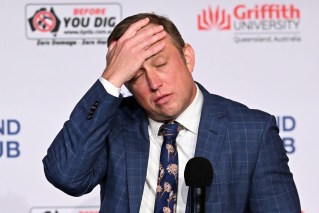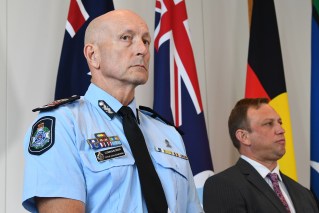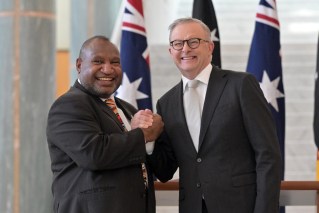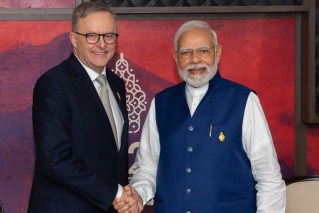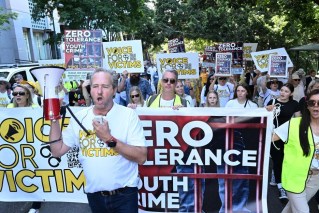Bye, bye Boris: UK looks to future after Johnson quits
Scandal-ridden Boris Johnson has announced his resignation as British prime minister after dramatically losing the support of his ministers and most Conservative MPs but says he will stay on until his successor is chosen.
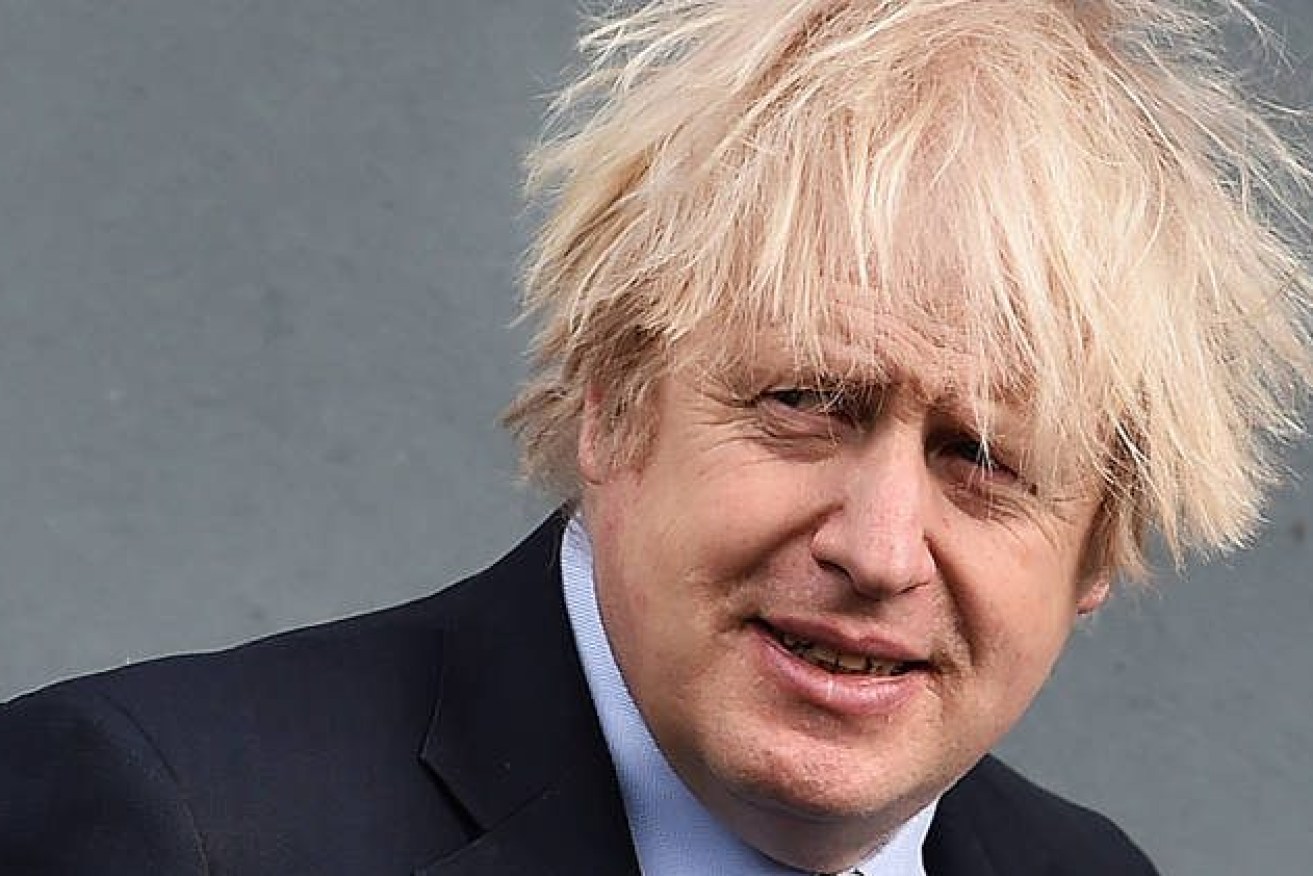
Boris Johnson has pulled out of the race to become next UK PM. (AP image).
Bowing to the inevitable as more than 50 government ministers and aides quit and MPs called for his head, an isolated and powerless Johnson said it was clear his party wanted someone else in charge.
He described his forced departure as “eccentric” and the result of “herd instinct” in parliament.
“Today I have appointed a cabinet to serve, as I will, until a new leader is in place,” Johnson said outside his Downing Street office, making no apology for the events that forced his announcement.
“I know that there will be many people who are relieved and perhaps quite a few who will also be disappointed.
“And I want you to know how sad I am to be giving up the best job in the world. But them’s the breaks.”
The Conservatives will now have to elect a new leader, a process which could take weeks, with details to be announced next week.
A snap YouGov poll found defence minister Ben Wallace was the favourite among Conservative Party members to replace Johnson, followed by junior trade minister Penny Mordaunt and former finance minister Rishi Sunak.
Tom Tugendhat, chairman of parliament’s Foreign Affairs Select Committee, said on Thursday he planned to run in the leadership contest, while Attorney-General Suella Braverman has also put her hand up for the top job.
While Johnson said he would stay on, opponents and many in his own party said he should leave immediately and hand over to his deputy, Dominic Raab.
Former Conservative prime minister John Major said it was “unwise and maybe unsustainable” for Johnson to remain in office.
The Financial Times, citing MPs with knowledge of the plans, said the party intended to have a new prime minister in place by the time parliament returns from its summer break in early September.
Keir Starmer, leader of the main opposition Labour Party, said he would call a parliamentary confidence vote if the Conservatives did not remove Johnson at once.
Johnson’s term in office was ended by scandals that included breaches of Covid-19 pandemic lockdown rules, a luxury renovation of his official residence and the appointment of a minister who had been accused of sexual misconduct.
He is leaving behind an economy in crisis. Britons are facing the tightest squeeze on their finances in decades in the wake of the Covid-19 pandemic, with soaring inflation.
The economy is forecast to be the weakest among major nations in 2023 apart from Russia.
His departure follows years of internal division sparked by the narrow 2016 vote to leave the European Union.
Support for Johnson had evaporated during one of the most turbulent 24 hours in recent British political history – epitomised by finance minister Nadhim Zahawi, only appointed to his post on Tuesday, calling on his boss to resign.
Zahawi and other cabinet ministers went to Downing Street on Wednesday evening to tell Johnson the game was up.
Initially, Johnson refused to go and seemed set to dig in, sacking Michael Gove – a member of his top ministerial team who was one of the first to tell him he needed to resign – in a bid to reassert his authority.
But by Thursday morning as a slew of resignations poured in – including that of Michelle Donelan who he had only appointed education secretary on Tuesday night – it became clear his position was untenable.
In his resignation speech, Johnson highlighted his successes – from completing Brexit to overseeing the fastest Covid-19 vaccine rollout in Europe.
But he said his attempts to persuade colleagues that changing leader while there was war in Ukraine and the government was delivering on its agenda had failed.
“I regret not to have been successful in those arguments,” he said.
“But as we’ve seen at Westminster, the herd instinct is powerful – when the herd moves, it moves and, my friends, in politics no one is remotely indispensable.”
-Reuters

